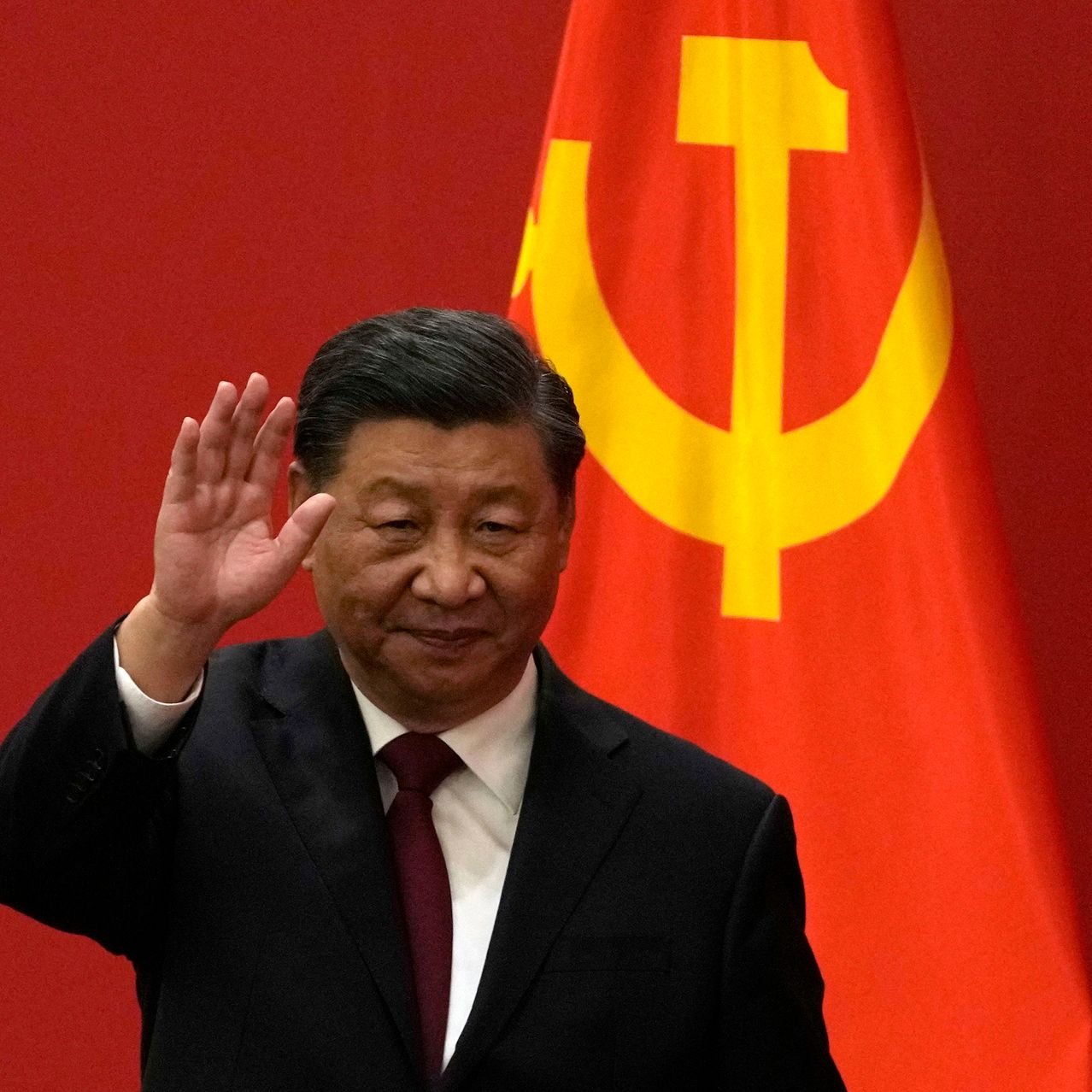Last updated on October 18, 2023
China’s currency, the yuan, has experienced a sharp decline against the US dollar, reaching its lowest point in 16 years. This significant drop is primarily attributed to a bleak business outlook and a widening yield gap. In response to this depreciation pressure, the central bank of China has assured its commitment to actively and steadily counteract the devaluation.
The weakening of the yuan can have several consequences. Firstly, it can make Chinese exports more affordable and competitive in international markets, potentially boosting the country’s export-driven economy. However, it can also lead to concerns about capital flight and financial instability. Additionally, a declining currency can cause inflation, making imported goods more expensive for Chinese consumers.
Overall, the recent plunge in China’s yuan against the US dollar underscores the challenges and complexities of managing a major global currency. The central bank’s pledge to respond to depreciation pressure indicates a proactive approach to stabilize the currency and mitigate any adverse effects.
Hashtags: #yuan #currencydepreciation #Chinabusiness #economicoutlook
SEO Keywords: China’s yuan, US dollar, depreciation pressure, business outlook, widening yield gap, central bank, currency devaluation
Image: https://weeklyfinancenews.online/wp-content/uploads/2023/08/china4.jpeg

















Comments are closed.